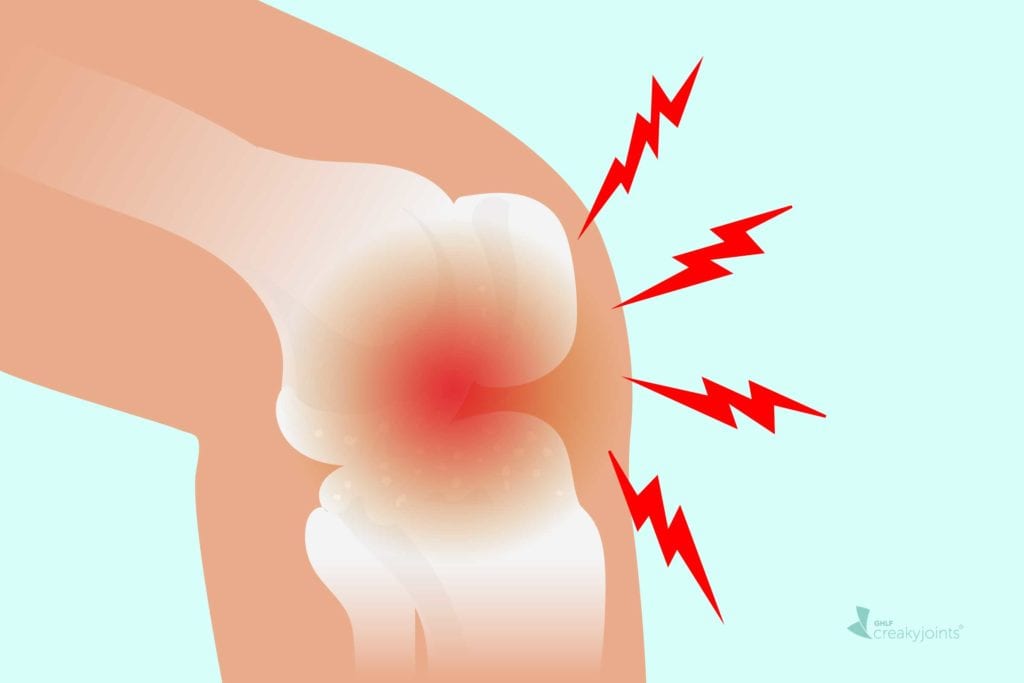If you have gout, a form of inflammatory arthritis known for causing painful flares in the big toe, your doctor may have prescribed a maintenance medicine like allopurinol. This treatment aims to prevent future gout flares by reducing uric acid levels in the bloodstream. Recent research suggests that there may be an additional benefit to keeping uric acid low: it could lower your risk of painful fractures.
Although studies are mixed, research has found that simply having gout might be a risk factor for osteoporosis and related fractures (bone breaks). A group of international researchers investigated whether keeping uric acid levels down to a target level could mitigate osteoporosis risk and provide protection against fractures. Their findings, published in Arthritis & Rheumatology, indicate that it does.
To conduct the study, researchers used a newer type of methodology that relies on observational data but aims to mimic the rigor of a randomized clinical trial. The analysis focused on more than 28,000 people with gout, projecting their likelihood of having a hip fracture within 5 years based on whether they reached a target serum urate level (amount of uric acid in the bloodstream). The results showed that those who took medication to lower uric acid below the predetermined target level had a lower risk of hip fracture compared to those who did not reach the target.
The authors of the study noted that they found similar results when it came to the risks of different types of fractures, including composite fracture (a combination of various types of fractures), major osteoporotic fracture, vertebral fracture, and non-vertebral fracture. These findings suggest that maintaining a specific target level of uric acid in the bloodstream, known as “treat-to-target [serum urate] level,” through the use of urate-lowering therapy could potentially help reduce the risk of fractures in individuals with gout.
The exact reasons why uric-lowering treatment might have this benefit are not fully understood. However, there are a few theories that researchers have proposed. One theory is that high levels of uric acid can lead to oxidative stress and excessive inflammation, which may hinder the formation of new bone. Another theory suggests that elevated uric acid levels could affect vitamin D or parathyroid hormone levels, which in turn can negatively impact bone health.
For now, the primary reason to continue taking urate-lowering medications, such as allopurinol, is to prevent painful gout attacks. Although more research is needed, it is possible that in the future, we may discover additional benefits such as improved bone strength.
What This Means for You
Understanding this potential benefit is crucial for patients with gout as it emphasizes the significance of managing uric acid levels, not only to prevent gout attacks but also to promote improved bone health and minimize fracture risks. By actively addressing uric acid levels through appropriate treatment, individuals with gout can potentially reduce their chances of experiencing fractures and enhance their overall well-being.
Strong Bones & Me
The Global Healthy Living Foundation’s global initiative, Strong Bones & Me, was designed to support people in better understanding their bone health and osteoporosis, including fractures, prevention, and post-fracture care. To learn more, visit https://strongbonesandme.org/.
Wang, Y., et al. Association of gout with osteoporotic fractures. International Orthopaedics. 2018. doi: https://doi.org/10.1007/s00264-018-4033-5.
Wei, Jie, et al. “Lowering Serum Urate with Urate‐lowering Therapy to Target and Incident Fracture among People with Gout.” Arthritis & Rheumatology. March 20, 2023. doi: https://doi.org/10.1002/art.42504.






